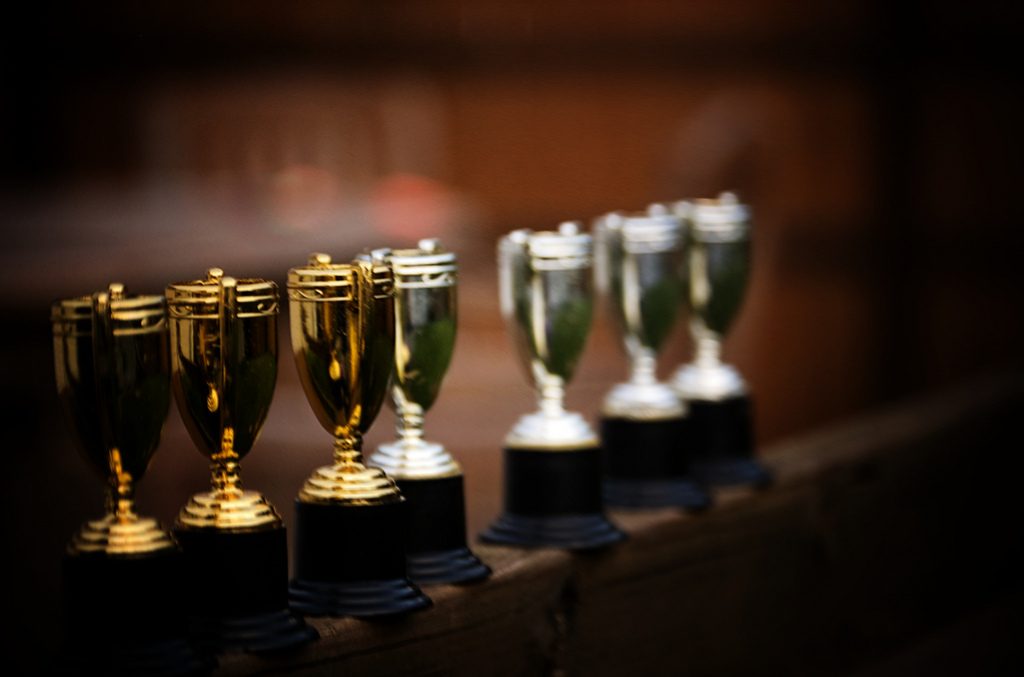
What is your favorite… sound design project? synthesizer? resource? application? story? piece of gear? technique?
This month’s theme is, to say the least, open to interpretation.
I am sure you know that feeling. The one you get when you come across something that is just too good to keep to yourself and you feel the need to share it with any colleague that will listen. We know that many times what inspires us may also inspire others, and there is nothing better than being able to share something that improves someone’s knowledge base, workflow, or creative process. That is why I know that when my colleagues want to tell me something, I am all ears.
Within our own (slightly insular) professional circles, we regularly share the best of what we currently use, read, and hear. This month, our goal is to broaden our circles and share some of the products, projects, and stories that are our current favorites, and also to hear about some of yours as well.
Care to share?
We here at Designing Sound ALWAYS encourage contributions from the community. If you have a favorite story, thought, or technique you’d like to share, let us know. Feel free to contribute to this month’s theme if you have a favorite to share, or maybe next month’s topic is of more interest to you (which will be “Restriction”), or go completely off-topic. Anything is fair game. Please contact doron [@] this website to get the ball rolling!
Not to sound glib, but I think when we focus on a favorite tool, processor, or piece of gear that we rely on, it can have the adverse effect of putting us in a sonic rut. We may lean on it too often. I personally like listening through my library of sound effects without reading any type of description or tags so I can take any subjective opinion of what the sound should be out, and now hear what a sound can be. When stuck looking for even the most simple of elements, sometimes you hear something completely unrelated and that lightbulb goes off. This is especially true in sound design. Using a base of quality, non related sounds, and them modifying them, layering them and utilizing any processing necessary to get the desired effect needed for the project. Maybe I have been influenced by the likes of Ben Burt, Randy Thom, and David Farmer, whom I find take an organic approach to the editing of sound and then use processing as necessary. This comes to life even brighter when you can go out and record the sounds yourself. When it all falls in place you know it…then you get a picture change and that scene isn’t going to be used anyways.